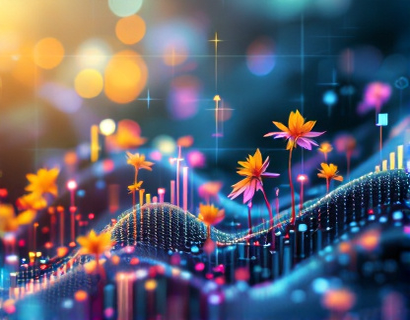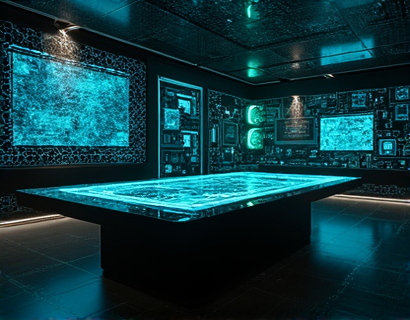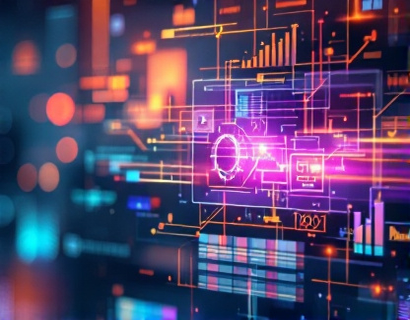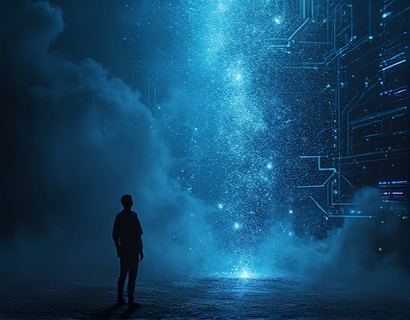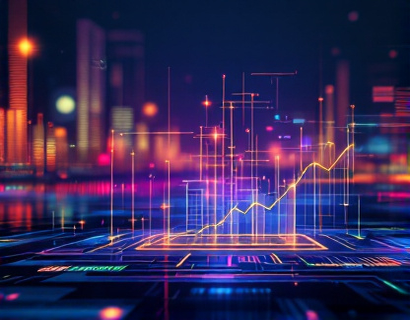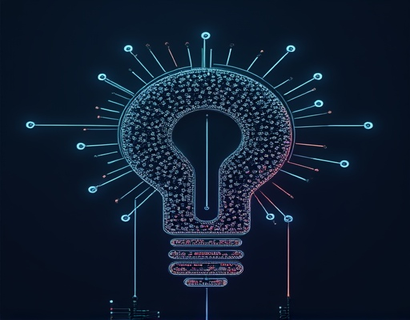Unlocking Musical Mastery with AI: Intelligent Tools for Composers and Producers
The integration of Artificial Intelligence (AI) in music creation has opened new horizons for composers and producers worldwide. This technological advancement offers a suite of intelligent tools designed to enhance creativity, refine sound quality, and streamline the music production process. For both seasoned professionals and emerging talent, these AI-driven solutions provide essential resources to transform musical ideas into tangible art forms, unlocking unprecedented creative potentials in the digital age.
Evolution of Music Production Tools
The journey of music production tools has been marked by continuous innovation, from the early days of analog equipment to the digital revolution that followed. Each era brought significant changes, making music creation more accessible and versatile. The advent of AI in this domain represents the latest milestone, merging sophisticated algorithms with musical intuition to create tools that assist in every aspect of the creative process.
AI in Composition
One of the most transformative applications of AI in music is in the composition phase. AI algorithms can analyze vast amounts of musical data, identifying patterns and structures that inform the creation of new melodies, harmonies, and rhythms. These tools can generate musical ideas based on specific parameters set by the user, such as genre, mood, and tempo. For instance, a composer looking to create a minimalist electronic track can input these parameters, and the AI will generate a sequence of notes that align with the desired aesthetic.
Moreover, AI can assist in overcoming creative blocks by suggesting variations and alternatives. This not only speeds up the composition process but also introduces fresh perspectives that might not have been considered otherwise. The ability to experiment with different musical concepts in real-time empowers creators to explore uncharted territories, pushing the boundaries of their artistic expression.
Enhancing Sound Quality with AI
Sound quality is a critical aspect of music production, and AI tools have significantly improved this area. Advanced algorithms can analyze and optimize audio files, reducing noise, correcting pitch, and enhancing overall clarity. These processes, traditionally time-consuming and requiring expert knowledge, are now automated and accessible to a broader audience.
AI-driven plugins can also simulate the sound of high-end hardware, allowing producers with limited budgets to achieve professional-grade results. For example, an AI plugin can emulate the warmth of a vintage analog synthesizer or the spaciousness of a large studio hall, enriching the sonic palette without the need for expensive equipment.
Intuitive User Interfaces
The success of AI in music creation hinges on its user-friendliness. Intuitive interfaces ensure that even those with minimal technical knowledge can leverage these powerful tools. Drag-and-drop functionality, visual interfaces, and step-by-step guides make it easy for users to navigate complex processes. This accessibility democratizes music production, enabling a wider range of individuals to express their creativity.
Furthermore, these interfaces often include collaborative features, allowing multiple users to work on a project simultaneously. This real-time collaboration enhances productivity and fosters a sense of community among musicians, regardless of their geographical locations.
AI in Music Arrangement
Arrangement is another area where AI shines. By analyzing existing tracks, AI can suggest optimal arrangements, including instrument placement, dynamics, and timing. This not only saves time but also provides insights that can elevate the overall structure of a piece. For instance, AI can recommend adding a brass section to build tension in a climactic moment or suggest a change in tempo to match the emotional arc of a song.
Additionally, AI can assist in creating balanced mixes by automatically adjusting levels, EQ, and compression. This ensures that each element in the mix is heard clearly and contributes to the overall cohesion of the track. Such features are particularly beneficial for producers who are new to mixing or those working under tight deadlines.
Personalization and Customization
One of the most compelling aspects of AI in music creation is its ability to adapt to individual styles and preferences. Through machine learning, these tools can analyze a user's past work and preferences, tailoring suggestions and automations to fit their unique artistic voice. This personalization ensures that the AI complements rather than overrides the creator's vision.
Users can also customize the level of AI involvement in their workflow. Some may prefer to use AI as a collaborative partner, while others might opt for more manual control. This flexibility allows creators to find the perfect balance that suits their workflow and creative process.
Ethical Considerations and Creative Integrity
As AI becomes more integrated into music creation, ethical considerations come to the forefront. Questions about authorship, originality, and the role of human creativity in the face of machine-generated content are increasingly relevant. It is essential for creators to maintain a clear understanding of how AI tools are used in their work, ensuring that the final product reflects their artistic intent.
Moreover, the use of AI should enhance rather than replace human creativity. The emotional depth and personal touch that only a human can provide remain irreplaceable. AI tools should be seen as extensions of the creator's capabilities, not substitutes for their unique vision and skill.
Future Prospects
The future of AI in music creation is promising, with ongoing advancements likely to bring even more sophisticated tools to the forefront. As AI algorithms become more refined, we can expect greater integration of natural language processing, allowing users to communicate musical ideas through text. This could further simplify the creation process and make music production accessible to a broader audience.
Additionally, the convergence of AI with other technologies, such as virtual reality and augmented reality, opens new avenues for immersive music experiences. Composers and producers can create interactive soundscapes that respond to user actions, offering a new dimension to music consumption.
Conclusion
The integration of AI in music creation represents a significant leap forward, offering tools that enhance creativity, refine sound quality, and streamline the production process. For composers and producers, these intelligent tools are invaluable assets that can help realize their artistic visions. As the technology continues to evolve, the potential for innovation in music creation is boundless, promising an exciting future for all music creators.





